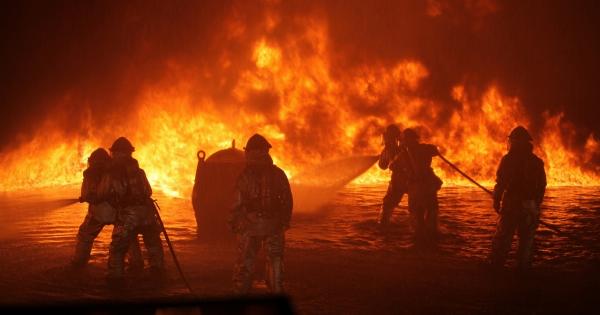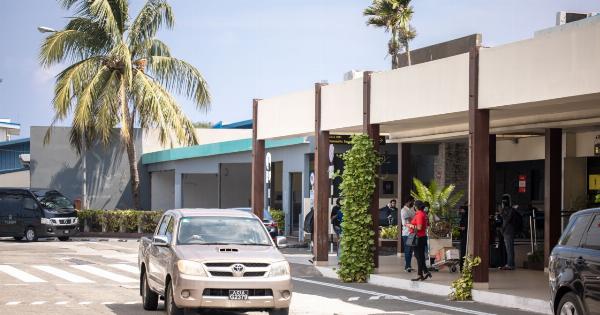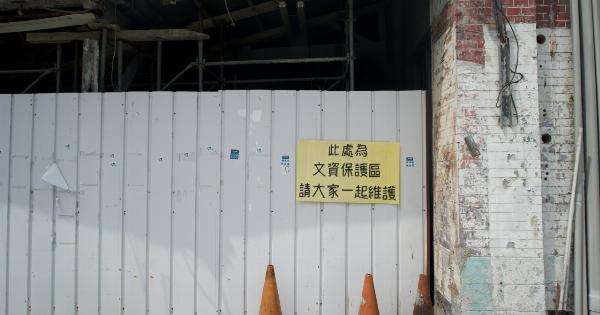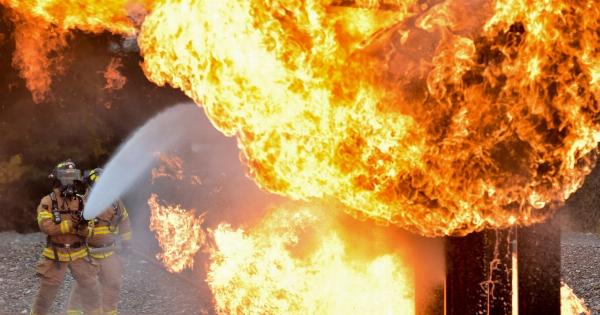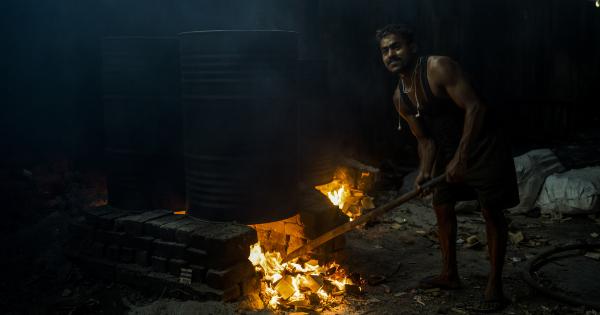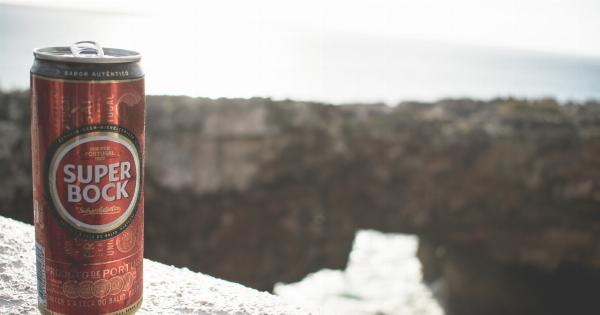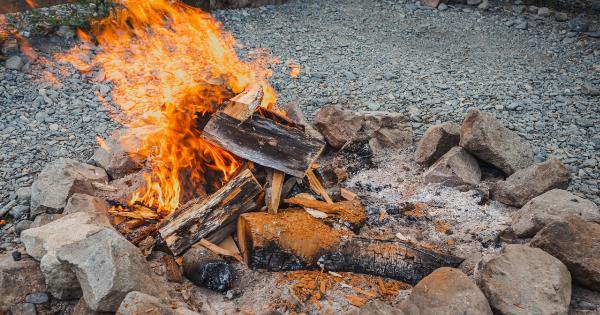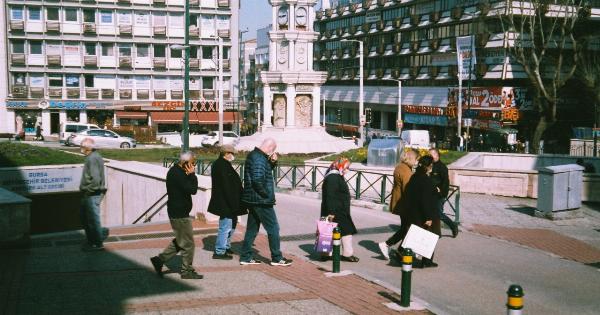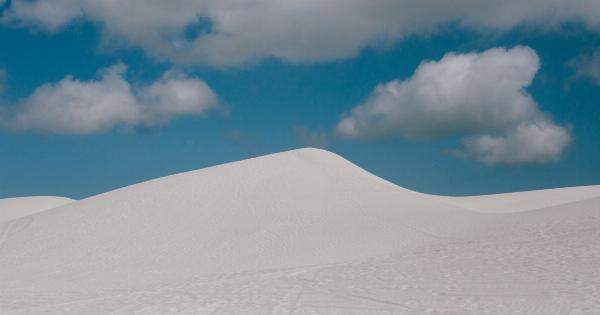A heatwave is a prolonged period of excessively hot weather, often accompanied by high humidity.
Heatwaves can pose significant health risks, particularly for vulnerable individuals such as the elderly, children, and those with pre-existing medical conditions.
Understanding Heatwaves
Heatwaves are caused by a combination of factors including high pressure systems, intense sunlight, and lack of rainfall.
These extreme weather events can occur in various regions around the world, and their frequency and intensity are increasing due to climate change.
Heatwaves can be dangerous as they can lead to heat-related illnesses such as heat exhaustion and heatstroke. It is crucial to take necessary precautions to stay safe and protect your health during a heatwave.
Stay Hydrated
One of the most important steps to stay safe during a heatwave is to stay hydrated. Drink plenty of fluids, especially water, to avoid dehydration.
Avoid or reduce the consumption of alcohol, caffeine, and sugary drinks as they can contribute to dehydration.
Carry a reusable water bottle with you and ensure you have access to water at all times. Set reminders to drink water frequently, even if you do not feel thirsty.
Dehydration can occur rapidly in hot weather, leading to dizziness, fatigue, and other heat-related illnesses.
Dress Appropriately
Choosing the right clothing during a heatwave can make a significant difference in staying cool and comfortable. Opt for loose-fitting, lightweight, and light-colored clothing that allows your body to breathe and helps in sweat evaporation.
Avoid dark-colored and tight-fitting clothing, as they can absorb and trap heat, leading to increased discomfort and the risk of heat-related issues. Wearing a wide-brimmed hat and sunglasses can also provide added protection from the sun.
Stay Indoors and Seek Shade
During the peak heat hours, typically between 11 a.m. and 4 p.m., it is advisable to stay indoors as much as possible. If you must go outside, seek shade wherever possible. Avoid direct exposure to sunlight, especially during the hottest parts of the day.
Find air-conditioned spaces or use fans to cool down your living environment. If you do not have access to air conditioning, consider visiting public places such as libraries, shopping malls, or community centers that provide relief from the heat.
Plan Outdoor Activities Wisely
If you need to engage in outdoor activities during a heatwave, plan them wisely to minimize the risk of heat-related illnesses. Try to schedule activities early in the morning or later in the evening when temperatures are relatively lower.
Take frequent breaks, find shaded areas, and avoid strenuous activities. Pace yourself and listen to your body.
If you start feeling any symptoms of heat exhaustion or heatstroke, such as nausea, headache, or weakness, immediately stop the activity and seek medical assistance if needed.
Use Cooling Strategies
There are several effective cooling strategies that can help you beat the heat during a heatwave. Take cool showers or baths to lower your body temperature. Use damp towels or spray your face and body with cool water to keep yourself refreshed.
Applying cold packs or ice packs to pulse points such as your neck, wrists, and ankles can also provide relief. Avoid using electric fans when the temperature is extremely high, as they can blow hot air and increase discomfort.
Check on Vulnerable Individuals
During a heatwave, it is essential to check on vulnerable individuals, including the elderly, children, and those with chronic illnesses. These individuals are more susceptible to the adverse effects of hot weather and may require extra support.
Ensure they have access to cool spaces, sufficient hydration, and are following appropriate heat safety measures. Offer assistance to those who may have difficulty taking care of themselves during extreme heat conditions.
Know the Signs of Heat-Related Illnesses
It is crucial to educate yourself about the signs and symptoms of heat-related illnesses. Heat exhaustion is characterized by heavy sweating, weakness, dizziness, headache, and nausea.
If left untreated, it can progress to heatstroke, a life-threatening condition.
Heatstroke symptoms include high body temperature, hot and dry skin, rapid heartbeat, confusion, and loss of consciousness.
If you or someone around you experiences these symptoms, seek immediate medical attention and take steps to cool them down while waiting for help.
Conclusion
Staying safe during a heatwave requires proactive measures and awareness of potential risks. By following the tips mentioned above, you can protect yourself and others from heat-related illnesses.
Remember to stay hydrated, dress appropriately, seek shade, plan outdoor activities wisely, and use cooling strategies. Keep an eye on vulnerable individuals and be aware of the signs of heat-related illnesses to ensure prompt action if needed.

